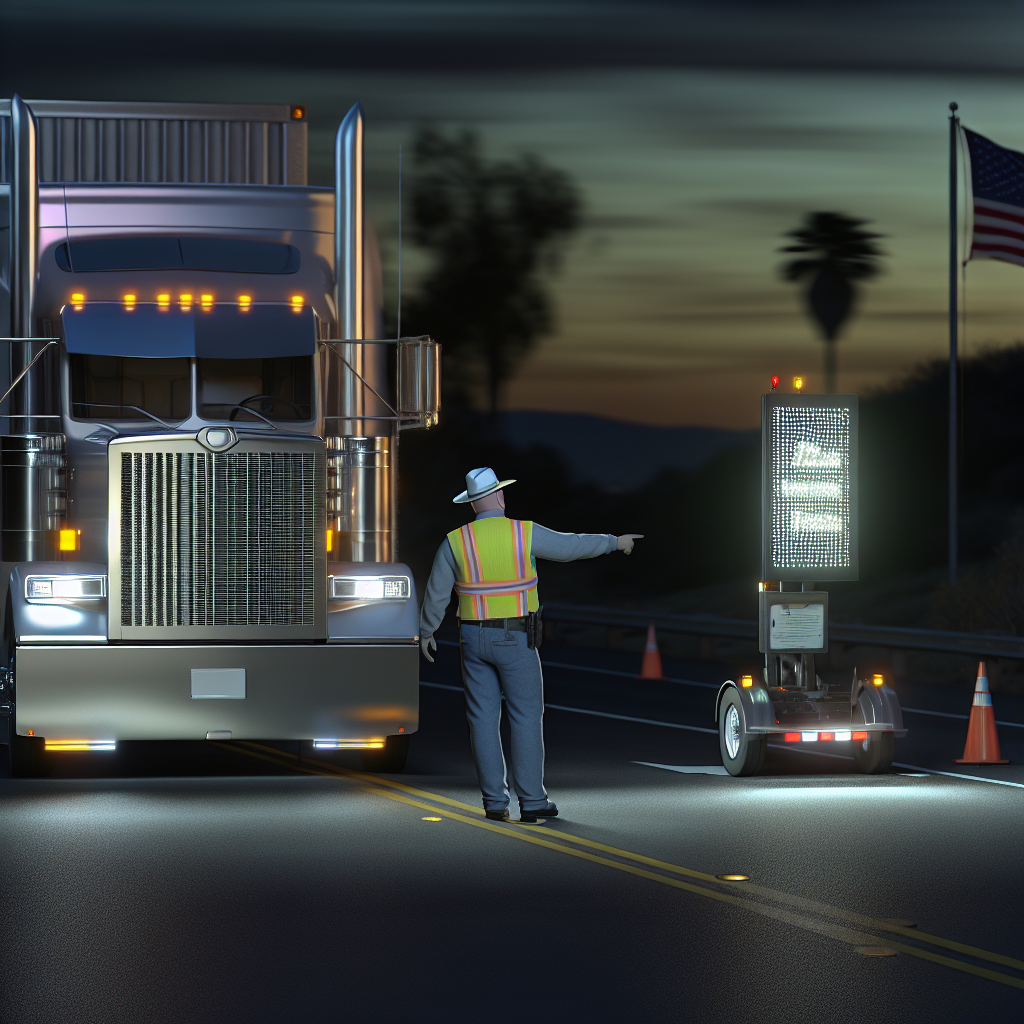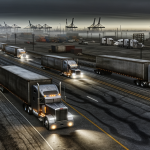The Federal Motor Carrier Safety Administration on Friday, September 26, 2025, imposed an emergency rule that sharply narrows who can obtain or renew a non‑domiciled commercial driver’s license, a move the agency tied to recent fatal crashes and a nationwide audit that uncovered widespread state‑level licensing failures. The U.S. Department of Transportation paired the rule with immediate enforcement against California, directing the state to pause issuance of non‑domiciled CDLs and threatening to withhold federal funds if it fails to quickly come into compliance.
What changes now: FMCSA says non‑citizens will be eligible for a non‑domiciled CDL only if they meet tighter criteria, including holding specific employment‑based authorizations and clearing a federal SAVE (Systematic Alien Verification for Entitlements) status check. Licenses tied to non‑domiciled status must be short‑term—generally expiring at one year or upon visa expiry—with renewals handled in person at a state licensing office. News accounts and industry compliance advisories indicate the rule narrows eligibility to workers in categories such as H‑2A, H‑2B and E‑2, while confirming the one‑year cap and in‑person renewal requirement. Existing licenses remain valid until renewal under the new regime.
Why it happened: DOT officials said a continuing FMCSA audit found systemic lapses in several states, concluding that some licenses were issued to ineligible applicants or remained valid beyond the end of the holder’s lawful presence—creating what the department called an “imminent hazard.” The agency cited California as the most serious offender and said other states are also under scrutiny.
California’s immediate marching orders are unusually blunt: pause non‑domiciled CDL issuances, identify all active credentials that don’t meet federal rules, and revoke and reissue those licenses where appropriate. DOT warned the state it has 30 days to comply or risk losing nearly $160 million in the first year, with steeper penalties to follow—pressure that the department framed as necessary to restore uniform safety standards.
Sacramento pushed back on the narrative. In public statements carried by national outlets, California officials asserted the state follows federal law and pointed to outcome metrics, noting its CDL fatal‑crash rate runs well below the U.S. average. They added that the state relies on federally accepted documents to verify lawful presence and will continue cooperating with the federal review.
How far the rule reaches: Early tallies reported by national media suggest the change could affect a large share of the roughly 200,000 non‑citizen commercial drivers operating in the U.S., with as many as 190,000 potentially ineligible at renewal if they lack the newly required visa categories. The Transportation Department has argued the tightening is necessary for safety; some industry voices counter it may tighten driver supply at least in the short term.
What this means for carriers and schools right now
– Re‑verify status: Audit your non‑domiciled driver roster and applicants against the new visa eligibility and be prepared to document SAVE verifications during hiring and retention reviews.
– Plan for shorter cycles: Shift compliance calendars to one‑year renewal intervals tied to visa validity, and budget time for in‑person renewals at state licensing agencies—no mail‑in or online workarounds.
– Expect uneven state execution: FMCSA’s directive to California—and warnings to other states—signal that SDLAs will be under heightened scrutiny. Carriers operating across multiple states should watch for sudden administrative changes, targeted revocations, or processing backlogs as states reconcile their files with federal requirements.
The backdrop: Friday’s action caps months of mounting federal pressure on licensing practices following a high‑profile Florida crash and the discovery of irregularities during FMCSA’s audit. DOT cast the new rule as closing a “dangerous loophole” it says let unqualified drivers obtain credentials; the department also previewed enforcement against additional states beyond California.
Bottom line for trucking: Compliance is the near‑term priority—especially for fleets that rely on non‑domiciled drivers. Expect a period of disruption as states align their systems, drivers cycle through shorter renewals, and carriers recalibrate recruiting. Whether the policy ultimately tightens capacity or simply rebalances where and how fleets source drivers will hinge on how quickly states implement the checks and how many current holders can document qualifying status under the new thresholds.
Sources: FreightWaves, FMCSA, Reuters, Associated Press, CNN (via ABC17), JJ Keller
This article was prepared exclusively for TruckStopInsider.com. Republishing is permitted only with proper credit and a link back to the original source.





